The Rosetta Stone in the collections of The British Museum, London, UK.
A side view of the Rosetta Stone.
Only the priests regularly used hieroglyphics, whereas demotic script was common in everyday life and civil administration.
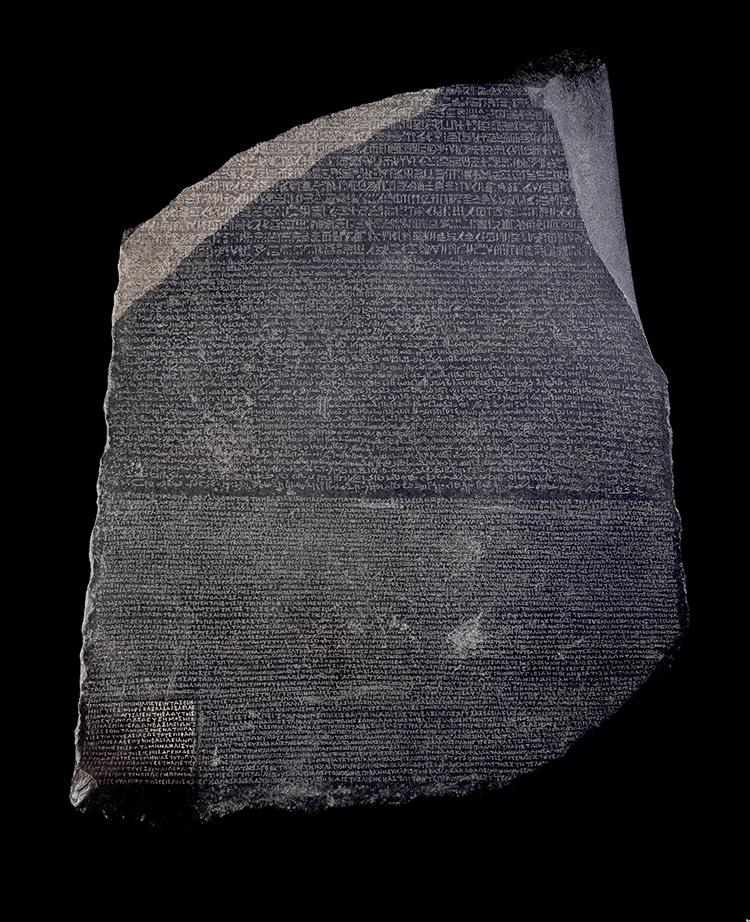
The Rosetta Stone in the collections of The British Museum, London, UK. (Photo:© The Trustees of the British Museum[CC BY-NC-SA 4.0])
Ancient Greek was the language of the royal court and therefore fit for a royal decree.
Egyptian pharaohs were considered gods and commanded a cult of devotion much like other deities.
The monument likely remained on display for many years.
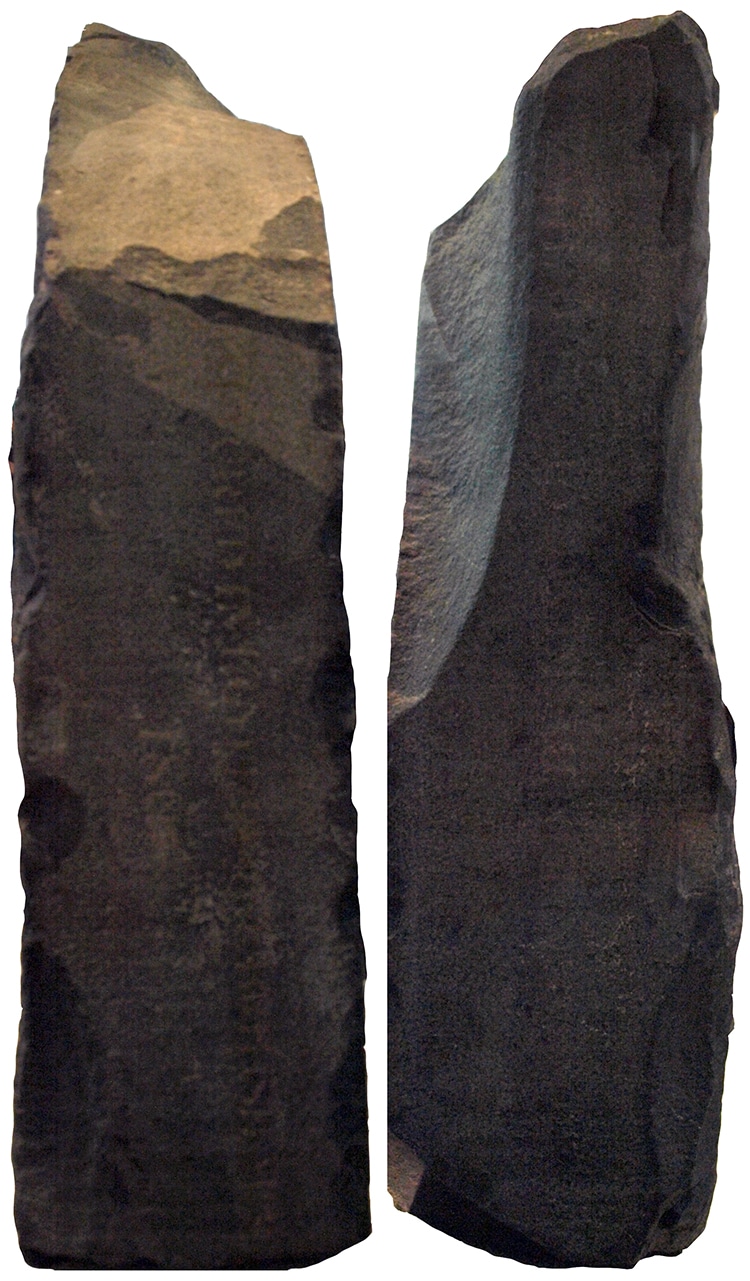
A side view of the Rosetta Stone. (Photo: Cptmondo viaWikimedia Commons[CC BY-SA 3.0])
Egypt eventually came under Roman power in the year 30 BCE with the defeat of Cleopatra andMark Antony.
As part of the empire, Egypt was subject to the 4th centuryChristianizationof Rome.
In 392 CE the emperor Theodosius I decreed the closure of all non-Christian spaces of worship.
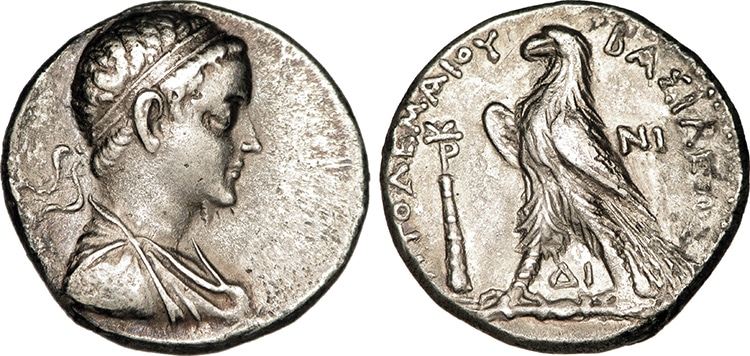
An ancient coin depicting Ptolemy V. (Photo: cgb.fr viaWikimedia Commons[CC BY-SA 3.0])
Temples were destroyed and the stone reused in other buildings.
The Rosetta Stonenot an exceptional object at the timemet the same fate.
A Mamluk fort in Alexandria, built in the same period as the fort containing the Rosetta Stone.
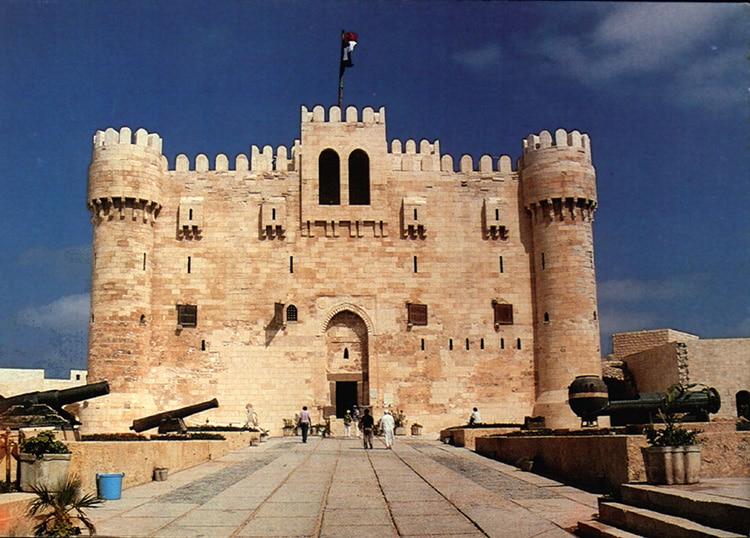
A Mamluk fort in Alexandria, built in the same period as the fort containing the Rosetta Stone. (Photo: Delengar viaWikimedia Commons[CC BY-SA 3.0])
(Photo: Delengar viaWikimedia Commons[CC BY-SA 3.0])
Who rediscovered the Rosetta Stone?
Map of Napoleon’s Egyptian Campaign.
Casts of the stone were taken and sent to scholars to examine.
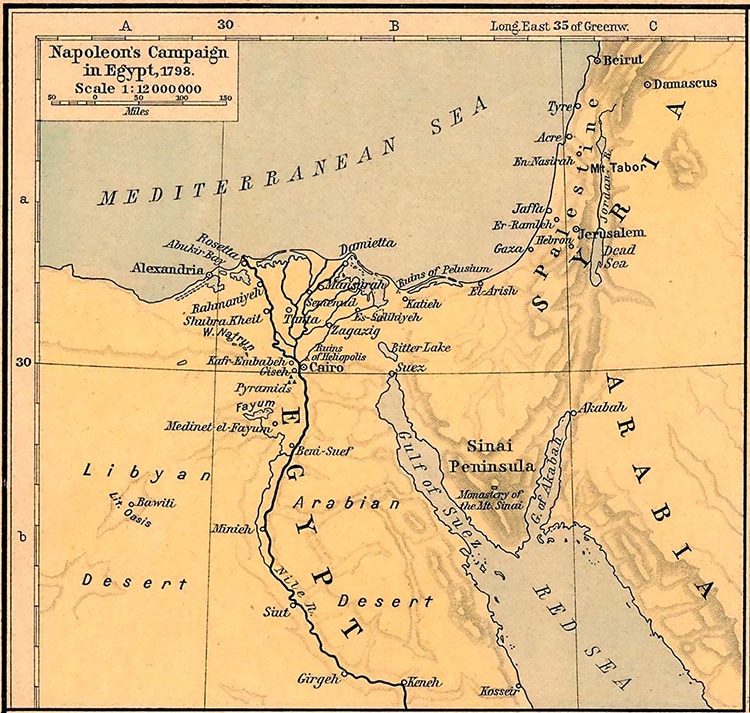
Map of Napoleon’s Egyptian Campaign. (Photo:Wikimedia Commons[Public domain])
In 1802 the stele was installed in theBritish Museum, where it remains on view to this day.
How did scholars decipher the stone?
Champollion’s table of phonetic glyphs.
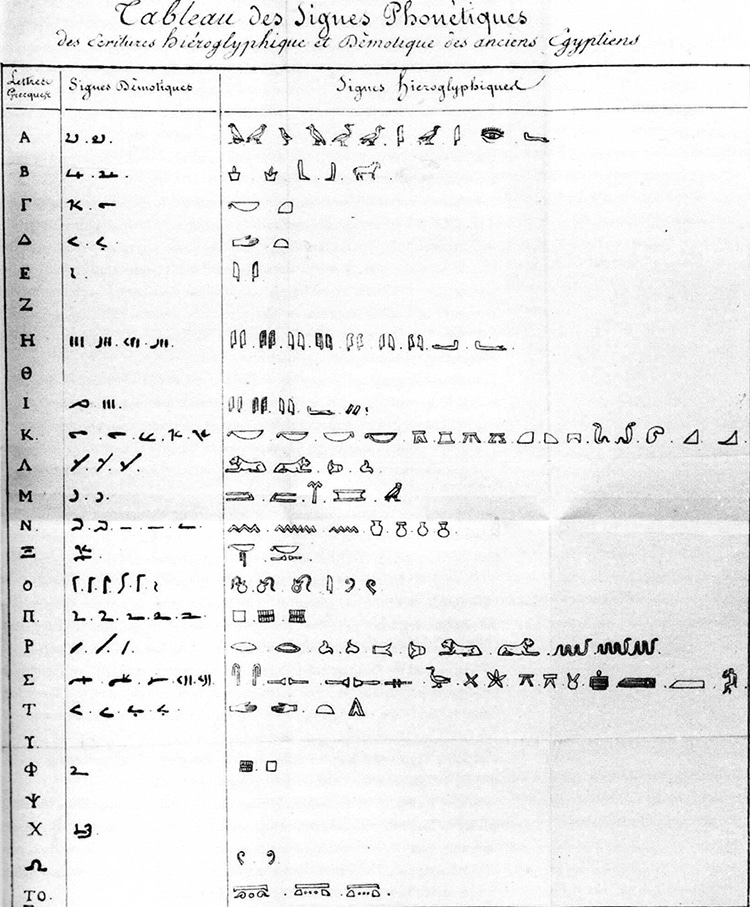
Champollion’s table of phonetic glyphs. (Photo:Wikimedia Commons[Public domain])
(Photo:Wikimedia Commons[Public domain])
Ancient Greek on the Rosetta Stone.
Tourists admire the Rosetta Stone, a famous exhibit at the British Museum, London.
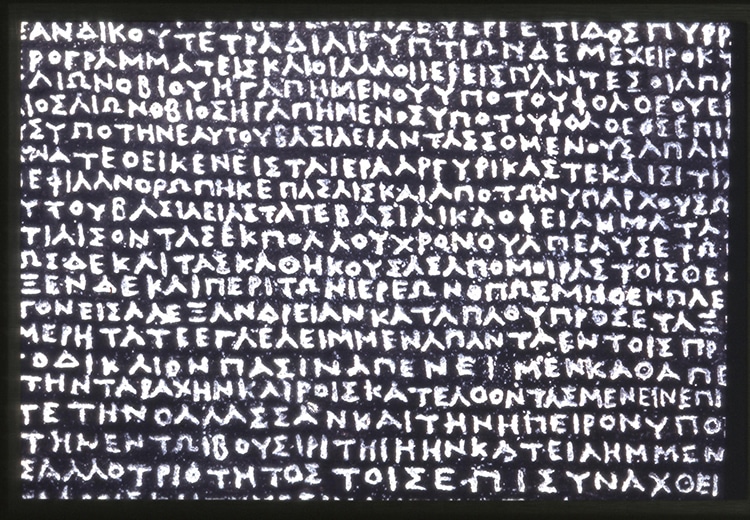
Ancient Greek on the Rosetta Stone. (Photo:© The Trustees of the British Museum[CC BY-NC-SA 4.0])
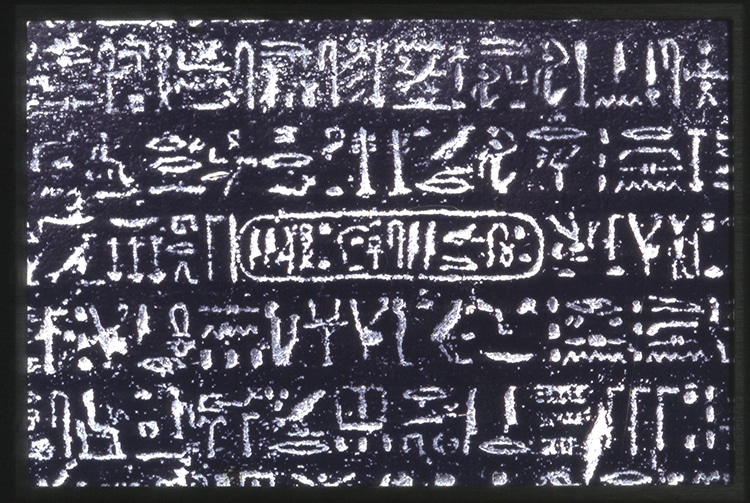
Hieroglyphics on the Rosetta Stone. (Photo:© The Trustees of the British Museum[CC BY-NC-SA 4.0])
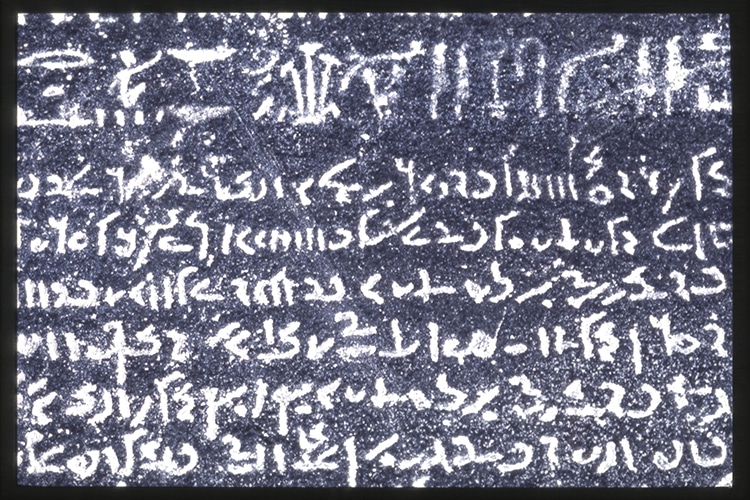
Demotic script on the Rosetta Stone. (Photo:© The Trustees of the British Museum[CC BY-NC-SA 4.0])

Tourists admire the Rosetta Stone, a famous exhibit at the British Museum, London. (Photo: ProtoplasmaKid viaWikimedia Commons[CC-BY-SA 4.0])